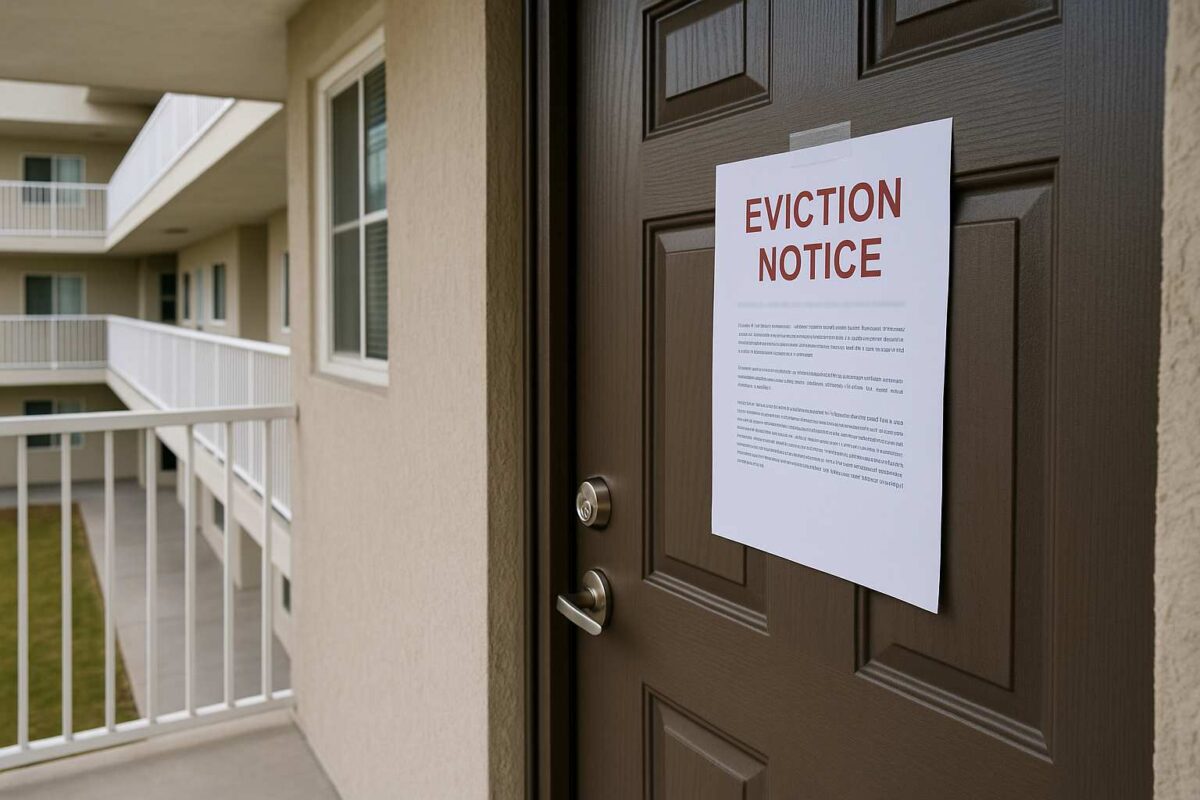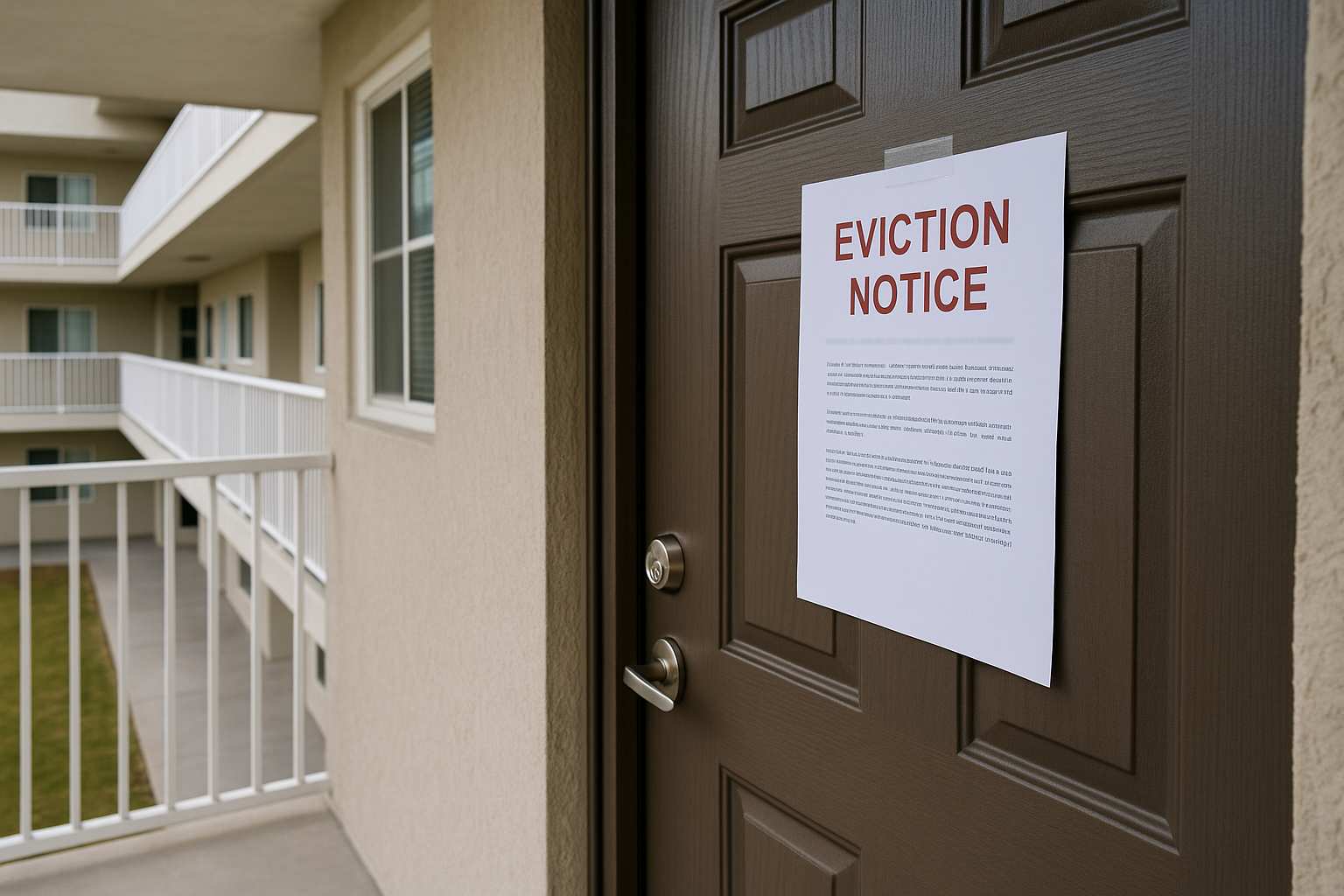
Condominium associations often find themselves dealing with difficult situations involving tenants. While the idea of an association evicting someone sounds straightforward, the reality is more complex. Associations do not have the same rights as landlords, but under certain circumstances, they may play a role in removing a tenant. Continue reading and reach out to the seasoned Florida condo & homeowner association attorneys from Ansbacher Law to learn when and how a condo association can evict a tenant. Here are some of the questions you may have:
Does a condo association have the authority to evict?
In Florida, a condo or homeowners association typically does not act as the direct landlord. That authority belongs to the unit owner who leases the property. However, many condominium declarations and governing documents give the association enforcement powers that indirectly impact tenants. For example, if a tenant repeatedly violates community rules, the association can pressure the owner to take corrective action. In some cases, the governing documents even allow the association to pursue eviction proceedings if the owner fails to act.
It is worth noting that associations must follow the procedures outlined in their bylaws, as well as Florida law. Acting outside of these boundaries can create legal risks. So, while an association may not freely evict tenants at will, it can exercise significant influence when violations threaten the community’s well-being.
Under what circumstances can a tenant be removed?
The most common reason an association becomes involved in an eviction is a violation of community rules. Examples include repeated noise complaints, unauthorized pets, improper use of common areas, or illegal activity on the property. If violations continue after written notices, the association may impose fines or suspend privileges. If that still fails, the matter can escalate.
In Florida, some declarations authorize the association to step into the shoes of the owner when the tenant’s conduct disrupts the community. This may involve filing an eviction lawsuit. In such cases, the association must follow the same legal process a landlord would, which means serving proper notices, filing in court, and obtaining a judgment. This process ensures due process for the tenant, but it also underscores the seriousness of association involvement.
What should owners and tenants keep in mind?
For owners, it is important to carefully screen tenants and educate them about community rules before leasing the unit. An owner who ignores a tenant’s behavior may face fines, legal costs, or even liability if the association has to step in. Associations may recover attorney’s fees from the owner when they are forced to take legal action.
Tenants, on the other hand, should understand that signing a lease also means agreeing to abide by the association’s rules. Even if the lease does not spell out every regulation, those rules still apply. Failing to respect them can put a tenant at risk of losing their housing, even when rent is paid on time.
Ultimately, associations do not enjoy unlimited power, but they are tasked with protecting the community. When violations threaten harmony, the association can, in certain cases, pursue eviction. Anyone involved in such a dispute should contact an experienced Florida condo and HOA lawyer from Ansbacher Law for assistance.

